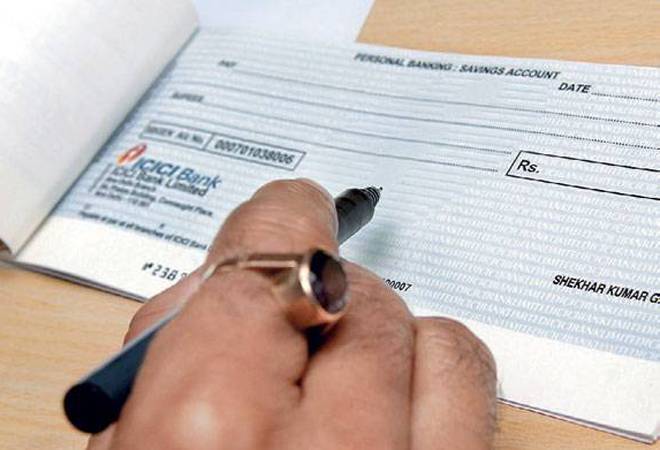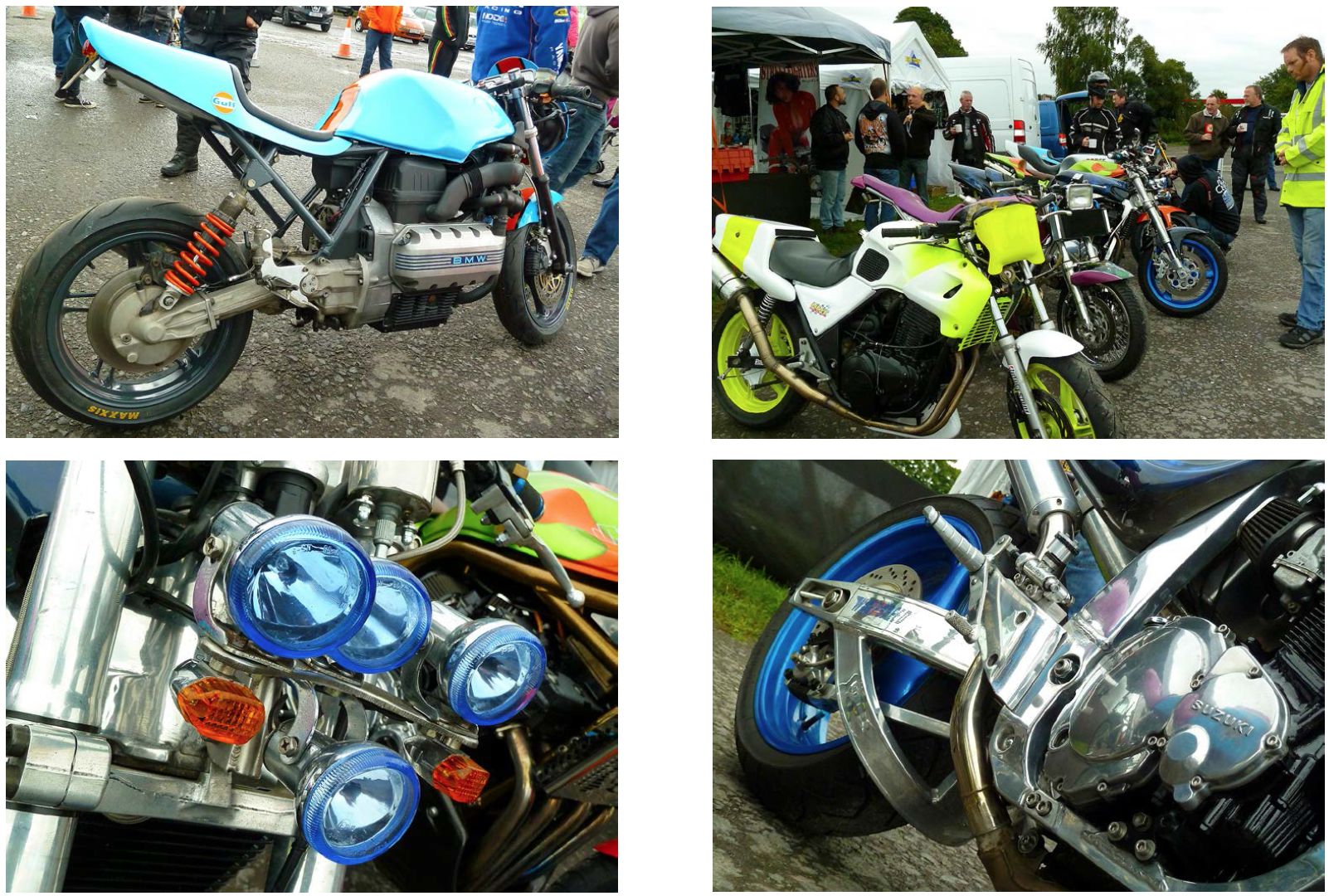

I turned to the doctors.Let me know the outcome of your tests, will you? I said, being a deliberately dreadful devil. He'd always affected an attitude of disdain for the relationship, but at least he had had one with his father. Robinton knew that the young bronze rider had been proud of being the Weyrleader's son. Whether or not that outburst was F'lon's way of expressing his grief, Robinton was never sure, but the dragonrider was certainly furious. Japp then produced the charred fragment of paper recovered from the grate, and this, with the discovery of the beard in the attic, completed his evidence. This placed beyond question the fact that the destroyed will had been in favour of the deceased lady's husband. erything of which I die possessed I leave to my beloved husband Alfred Ing. Inglethorp's cheque book, and on being reversed at a mirror, showed clearly the words. The larger the event, the more money is paid for the story.A fresh piece of evidence discovered by the detectives since the police court proceedings was a long, almost new piece of blotting-paper. The payments made by publications and media organizations to key players of a story largely depend on the magnitude of the event. Over the decades there have been many cases like the above. The above are just some of the prominent examples of chequebook journalism. Douglas Wood was paid $400,000 by the Ten Network for his story on being a hostage in Iraq.The story made headline news all over the world, which is why the Seven Network readily paid him that huge sum of money to get exclusive access to interview him. The yachtsman, while traveling on the Southern Ocean got trapped in his vessel. In 1997, yachtsman Tony Bullimore was paid $100,000 by the Seven Network in order to get exclusive rights to his story.When he was finally rescued, he was paid $250,000 for an exclusive right to his story. In 1991, adventurer James Scott got lost in the Himalayas for over 6 weeks.Lindy Chamberlain was paid $250,000 by Nine Network in 1985 in order for them to get the exclusive rights to interview her.In 1977, in order to get exclusive rights to The Nixon Interviews, David Frost paid Richard Nixon a whopping $600,000.

Below are some popular or rather notorious cases of chequebook journalism:
#Chequebook bikers code#
But chequebook journalism throws that code out of the window and some publications and media organizations are ready to pay thousands of dollars just to get the exclusive rights to a story, a photograph or a video.Ĭhequebook journalism did not start today, it started decades ago.

One of the codes of conducts in journalism is to never pay someone money for an interview. The competition is so fierce that the only way out is to bribe or pay the key players in the story in order to get exclusive interviews with them.Īlthough chequebook journalism isn’t illegal per se, it is heavily frowned upon and a heavily criticized form of journalism that destroys the journalism profession and its standards. When a major story breaks – especially that which involves a celebrity, every media organization wants to be the first to publish or broadcast the story. One of the major reasons many publications and media organizations practice this form of journalism is because of the fierce competition out there. Why do some media organizations engage in chequebook journalism? This publication was notorious for buying and attempting to buy stories off key players in major events such as the Moors murders case and the Gary Glitter case in 1999. A good example of a prominent newspaper that was notorious for practicing chequebook journalism was Britain’s now defunct newspaper The News of the World. So many newspapers and media organizations today engage in chequebook journalism. Making payment to sources before getting a story from them can also significantly undermine the integrity of the story. One of the main reasons chequebook journalism is frowned upon and heavily criticized is because of the fact that the stories obtained through payments are considered unethical and not considered as worthy as those that are obtained through the traditional means such as research and investigation. In America it is ‘checkbook journalism’ instead of ‘chequebook journalsim’. Chequebook journalism or checkbook journalism is a type of journalism that is generally frowned upon because it involves journalists or media houses paying someone or a group of people for the exclusive right to publish their story.


 0 kommentar(er)
0 kommentar(er)
